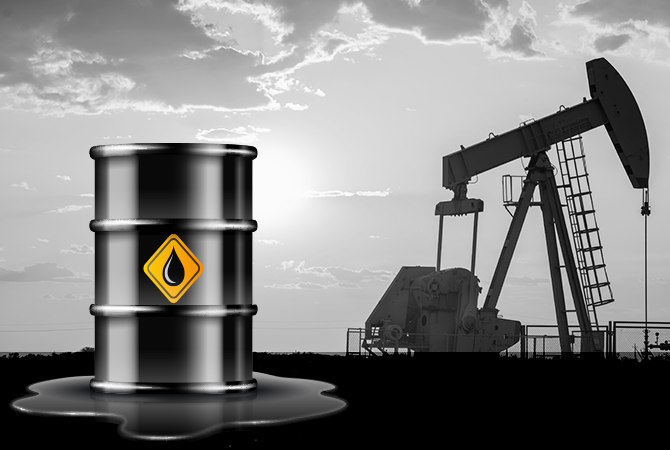Petroleum, also known as "black gold," has been an essential part of our world for over a century. It has fueled the growth of the industrial era, powered transportation, and enabled the development of modern society. However, petroleum's impact on the environment, climate change, and global politics has become a growing concern in recent years. In this article, we will explore the fascinating history and impact of petroleum on our world.
The Origin and Discovery of Petroleum
Petroleum is a naturally occurring fossil fuel that is formed from the remains of ancient marine organisms, such as plankton and algae. These organisms died millions of years ago and were buried under sedimentary rock layers. Over time, heat and pressure transformed the organic matter into petroleum.
The first known use of petroleum was by the ancient Sumerians in Mesopotamia around 4000 BC. They used it for medicinal purposes and as a sealant for their buildings. Later, the ancient Egyptians and Persians also used petroleum for similar purposes.
It wasn't until the mid-19th century that petroleum became a valuable commodity on a large scale. In 1859, Edwin Drake drilled the first successful oil well in Titusville, Pennsylvania. This marked the beginning of the modern petroleum industry and the era of "black gold."
The Impact of Petroleum on Society
The discovery of petroleum revolutionized the world. It allowed for the mass production of goods, the development of transportation, and the creation of new industries. The invention of the internal combustion engine in the late 19th century enabled the use of petroleum as a fuel for automobiles and airplanes, further fueling the demand for oil.
The oil industry became a powerful force in global politics and economics. Countries with large oil reserves became wealthy and influential, while those without struggled to keep up. The Organization of the Petroleum Exporting Countries (OPEC) was formed in 1960 to coordinate and regulate the production and pricing of oil, giving them even greater power in the world economy.
However, the impact of petroleum on society has not been all positive. The extraction, transportation, and use of petroleum have significant environmental and social consequences.
Environmental and Social Consequences of Petroleum
The extraction of petroleum often involves drilling deep into the earth and using chemicals to extract the oil. This process can lead to environmental damage, including soil and water contamination, air pollution, and habitat destruction. Oil spills, such as the Exxon Valdez spill in 1989 and the Deepwater Horizon spill in 2010, have caused significant damage to marine ecosystems and local communities.
The burning of petroleum as a fuel releases greenhouse gases, including carbon dioxide and methane, into the atmosphere. These gases trap heat and contribute to climate change, which is causing rising sea levels, more frequent and intense natural disasters, and other environmental and social problems.
The production and use of petroleum have also had significant social impacts. Many countries with large oil reserves have suffered from corruption, economic inequality, and political instability. The wealth generated from oil often benefits a small elite at the expense of the wider population.
The Future of Petroleum
Given the significant environmental and social consequences of petroleum, many people are calling for a transition to renewable energy sources, such as solar, wind, and hydroelectric power. However, the transition to a low-carbon economy is complex and will take time.
In the meantime, the oil industry is working to reduce its environmental impact. Many companies are investing in technologies to reduce emissions and improve efficiency, such as carbon capture and storage, and electric vehicles. There is also growing interest in the development of biofuels, which can be produced from renewable sources.
